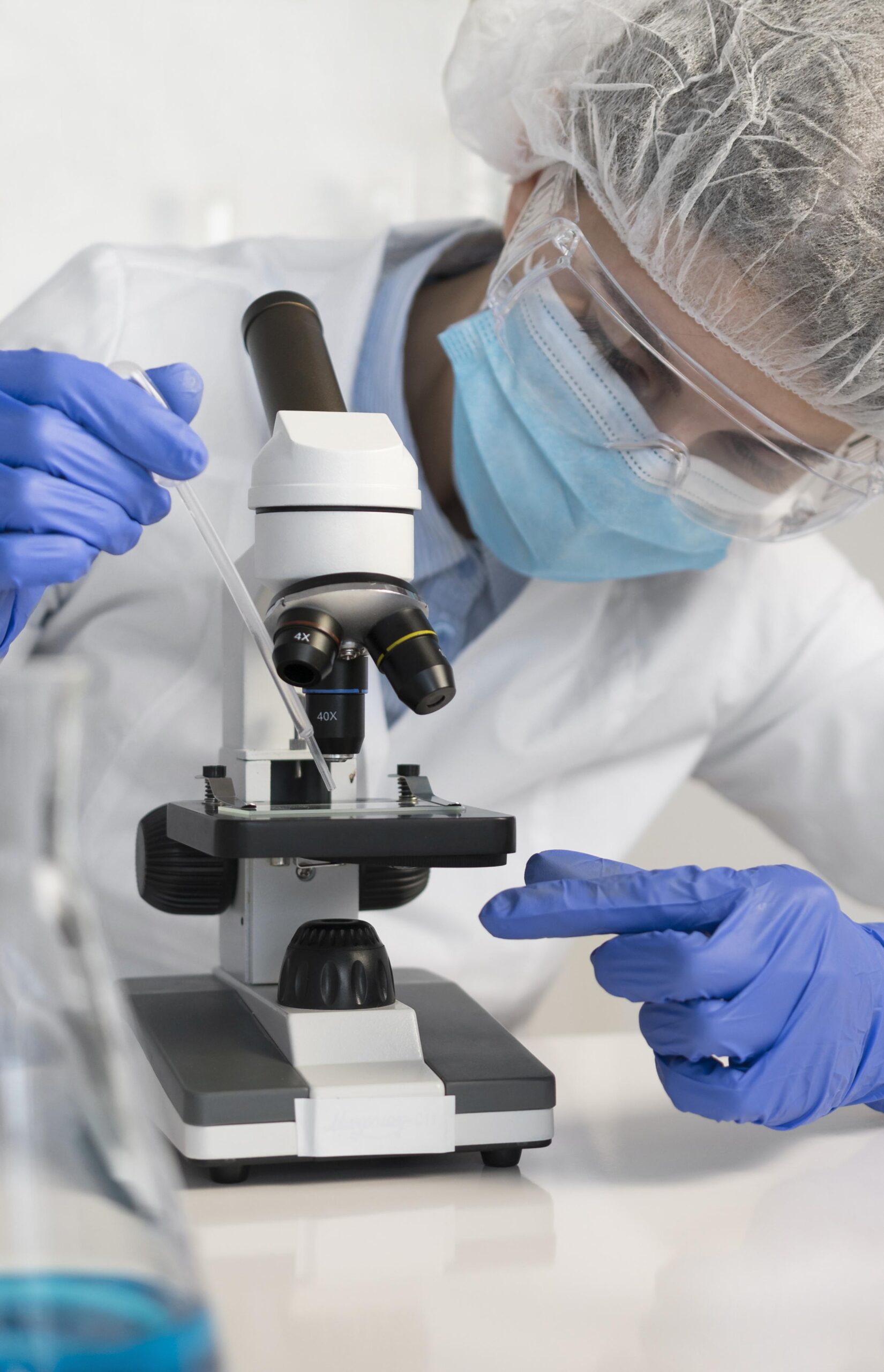LAB

In our facilities, we have a laboratory o carry out promptly the necessary studies to start your process in Procrea.
The most common studies are:
Serology allows us to determine the presence of antibodies through a venous blood extraction, which indirectly indicates that our body has been in contact with the infectious agent.
The Hormonal Profile is a clinical analysis that women perform to measure the levels of the following hormones:
- TSH (thyroid stimulating hormone)
- Prolactin (a hormone produced by the pituitary gland)
- FSH (follicle-stimulating hormone)
- LH (luteinizing hormone)
- 17β-estradiol
The rigorous study of certain indicators or hormones, allows the specialist to analyze if the functioning of the ovaries and the reproductive system work correctly.
Anti-Müllerian hormone (AMH) is used to assess a woman's ovarian reserve and assess her fertility status at a given time. In addition, the analysis of AMH levels allows the infertility specialist to recommend the most appropriate assisted reproduction treatment to achieve your pregnancy.
The quantity and quality of sperm are studied. This test is usually done for men who are having trouble having children.
3 sperm factors are analyzed: concentration, motility, and morphology.
The microbiological study focused on detecting the presence and growth of bacteria and fungi in semen that affect sperm and may affect fertility.
Sperm capacitation analysis is a test that is carried out on semen to assess the fertilization capacity of the spermatozoa in the seminal sample.
Based on the results, the infertility specialist will recommend the most appropriate assisted reproduction technique for you.
Some studies are carried out to determine the health of the donors, such as hepatitis B and C, HIV, herpes, cytomegalovirus, and syphilis, among others.
Sperm DNA fragmentation refers to lesions in the genetic material that contains the sperm.
Any alteration in the DNA of the spermatozoa may be a cause of male infertility.
It consists of a surgical intervention where testicular tissue is extracted to determine the cause of male infertility or sterility and to obtain sperm when a seminogram shows azoospermia (absence of sperm).
Si necesitas algún estudio para comenzar tu proceso, no dudes en reach out to us para brindarte la mejor atención.
Contact us










